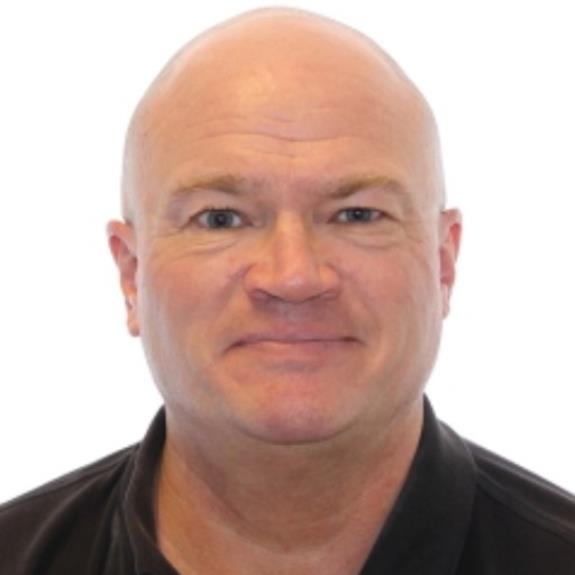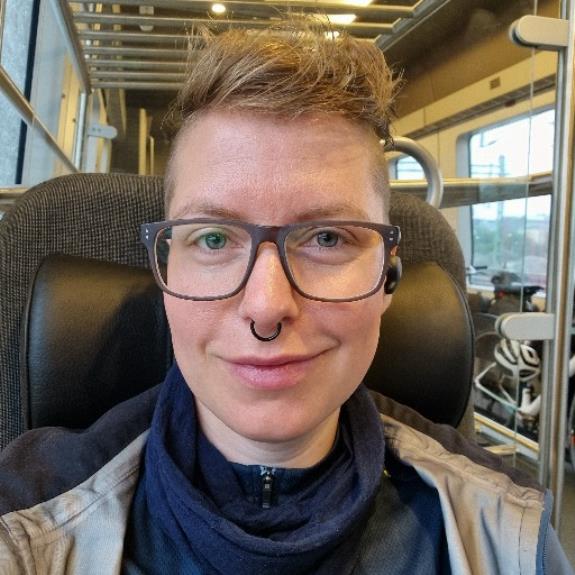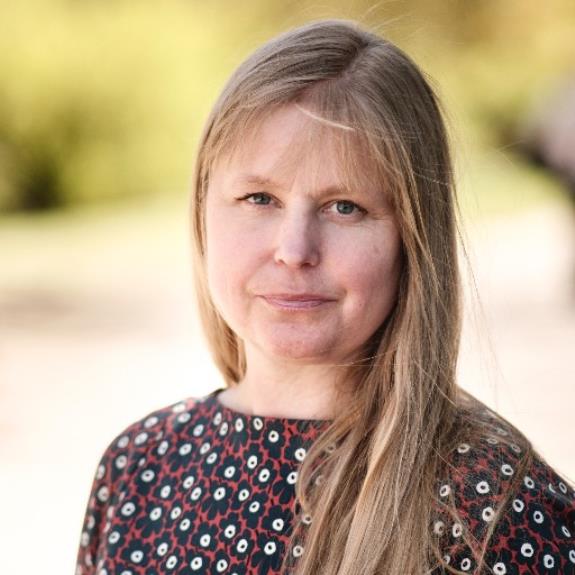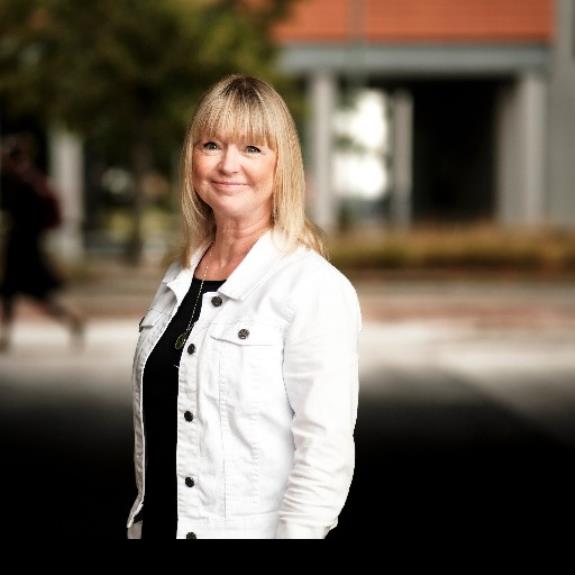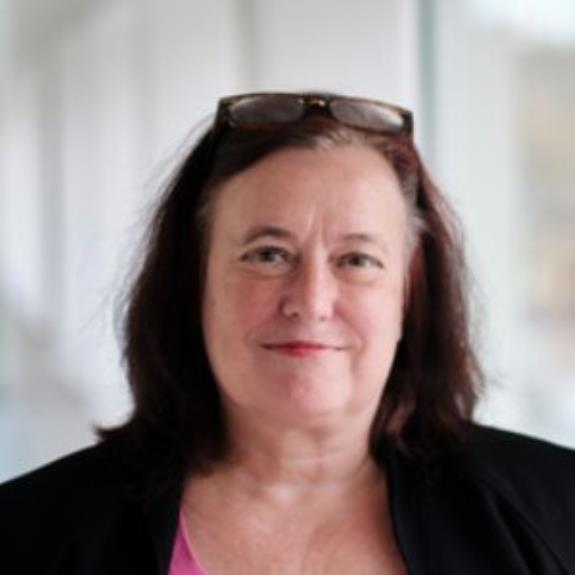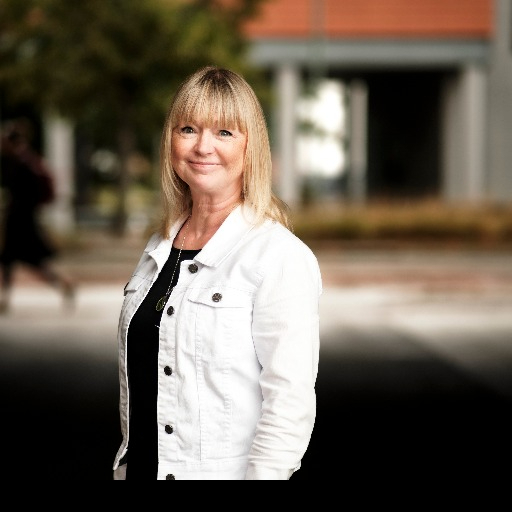We use cookies on this website. Cookies help us deliver the best experience on our website. Read about cookies.
-
- Education
- Education
- Programmes and courses
- Applications and admissions
- Tuition fees
- Scholarships
- Exchange studies at Malmö University
- Study Guidance
-
- After admission
- After admission
- Moving to Malmö
- Pre-orientation
- Arrival guide
-
- About studies at Malmö University
- About studies at Malmö University
- Why choose Malmö University
- Understanding university studies
- Connect with our students
On the page -
- Research
- Research
-
- Doctoral studies
- Doctoral studies
- Doctoral courses
-
- Doctoral schools
- Doctoral schools
- Doctoral school: Education, Learning and Globalisation
- Doctoral school: The National Research School for Professionals in Social Services
- Doctoral school: Learning in Multicultural Societal Contexts
- Doctoral school: ComBine
- Doctoral school: Swedish National Graduate School in Science and Technology Education Research
- Doctoral school: Relevancing Mathematics and Science Education (RelMaS)
- Doctoral school: Sustainable Movement Education
- Doctoral school: Finding ways in a time of great future challenges (FinnFram)
- Doctoral school: Pedagogy and Vocational Skills
- Doctoral school: Culturally Empowering Education through Language and Literature
- Research subjects
-
- Research centres
- Research centres
- Biofilms Research Centre for Biointerfaces
- Citizen Health
- Imagining and Co-Creating Futures
- Institute for Urban Research
- Malmö Institute for Migration Studies
- Literacy and Inclusive Teaching
- Centre for Work Life Studies
- Sustainable Digitalisation Research Centre
- Centre for Sexology and Sexuality Studies
-
- Research publications
- Research publications
- Search publications
- Malmö University Press
- Research events
- Participate in a research study
- Coffee Break Quiz
On the page -
- Collaboration and Innovation
- Collaboration and Innovation
- Innovation
- Collaboration with students
-
- Collaborate with researchers
- Collaborate with researchers
- Labs and facilities
- Culture collaboration
- Support Malmö University
- Alumni & Friends
On the page -
- About us
- About us
-
- Faculties and departments
- Faculties and departments
-
- Faculty of Culture and Society
- Faculty of Culture and Society
- Department of Urban Studies
- Department of Global Political Studies
- School of Arts and Communication
-
- Faculty of Education and Society
- Faculty of Education and Society
- Department of Childhood, Education and Society
- Department of Sports Sciences
- Department of Natural Science, Mathematics and Society
- Department of School Development and Leadership
- Department of Culture, Languages and Media
- Department of Society, Culture and Identity
-
- Faculty of Technology and Society
- Faculty of Technology and Society
- Department of Computer Science and Media Technology
- Department of Materials Science and Applied Mathematics
-
- Faculty of Odontology
- Faculty of Odontology
- Master's programmes in Dental Science
- University Dental Clinic
- Management and decision-making paths
-
- Vision, objectives and strategy 2025
- Vision, objectives and strategy 2025
- Global engagement
- Sustainability
- Widened recruitment and participation
- Quality assurance work at the University
-
- Malmö Academic Choir and Orchestra
- Malmö Academic Choir and Orchestra
- Student work – video pieces
-
- Annual Academic Celebration
- Annual Academic Celebration
- Academic traditions
- Meet our new professors
- The University in a troubled world
On the page
Global and Glocal Health (GGH)
The Research Platform Global and Glocal Health (GGH) – Improving Knowledge for Health from a Multicultural and Equality Perspective in a Changing Society – is an interdisciplinary research environment on global and glocal health that combines various competencies and develops innovative knowledge. Based on the UN’s Agenda 2030, the platform takes on societal challenges in global health regarding stress and mental illness, strengthening sexual health and rights, and making education accessible to all.
Our research profile
The research at GGH aims to identify, link and develop interdisciplinary knowledge. This knowledge is needed to improve global and glocal health at individual, cultural and societal levels.
Theoretically, the GGH research platform is built on an intersectional perspective to understand and analyze how factors such as social class, gender, ethnicity, disability and sexuality affect health both globally and glocally. A further fundamental perspective is the concept of empowerment, which includes psychosocial control and opportunities to take care of one’s health, as well as social causes of ill health.
GGH connects action-based research with exploratory research on vulnerability, prevention and support at the intersection of social work, sexology, health sciences, educational sciences and criminology.
Researchers
Reference group
Members of the reference group
- Anette Agardh, Lund University
- Bo Petersson, The Faculty of Culture and Society
- Karin Frydenlund, International Office/MaU
- Gunta Lazdane, Prof. Reproductive Health, Institute of Public Health, Riga Stradiņš University
Former Regional Advisor SRH, WHO/Europe - Emmanuella Ohale, UN Association Malmö
- Pernilla Ouis, Halmstad University
- Aleksandar Štulhofer, Zagreb University
- Despina Tzimoula, College of Gender Studies/MaU
- Mariia Tyshchenko, honorary doctorate at the Faculty of Culture and Society/MaU
Research projects
-
Research Project

What is Successful Sexual Aging? A Cross-cultural Mixed Methods Assessment (HEALTHSEXAGE project)
charlotta.lofgren@mau.se25 June 2025 - 25 June 2027 -
Research Project

Global and Glocal Health (GGH) - Well-being and learning in Glocal environment
jonas.christensen@mau.se1 June 2024 - 1 June 2025 -
Research Project

Experiences of subject integrated teaching on sexuality, consent and relationships at special schools
charlotta.lofgren@mau.se1 April 2024 - 1 April 2025 -
Research Project

Preventing sexual harassment in academia - reflections among university students
1 February 2024 - 31 December 2026 -
Doctoral Project

HEALTHCOM- Healthy communities in ageing societies – participatory research with elderly immigrants and refugees living in a Nordic...
margareta.ramgard@mau.se31 October 2023 - 31 October 2026 -
Research Project

Sex Education and Disability in Tanzania
charlotta.lofgren@mau.se1 July 2023 - 31 December 2027 -
Research Project

"A hand appeared suddenly” – Experiences and reflections of sexual harassment among students and PhD-students
mika.hagerlid@mau.se1 September 2020 - 31 December 2026
Activities
The project in Tanzania
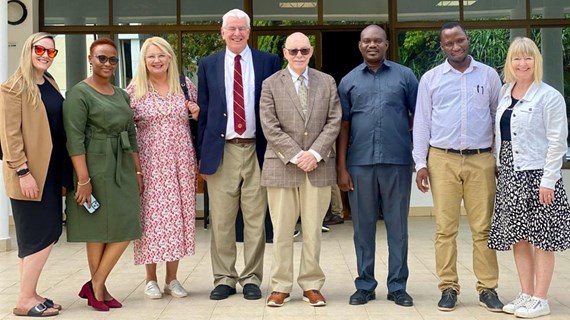
The project in Tanzania
Training sexual and reproductive health (SRH) health professionals for people with disabilities (PmF) is critical to addressing a wide range of challenges in Tanzania. The project is conducting a comprehensive study regarding SRH education in collaboration between the University of Minnesota and Muhimibili University of Health and Allied Sciences (MUHAS) in Dar es Salaam, as well as with expertise from, among others, Malmö University. The project is funded by the National Institute of Health (NIH), USA.
Researchers and Reference group
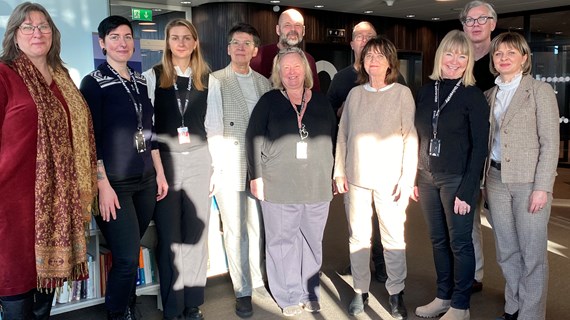
Researchers and Reference group
The Global and Local Health research platform has a reference group consisting of senior and junior researchers from different faculties at Malmö University, as well as from international universities. It also includes representatives from non-government organisations on health and human rights. The group provides valuable input to the research processes.
